We Are A Leading UK Commercial Energy, And Sustainability Consultancy
Energy Procurement for Businesses: The Ultimate Guide
For modern businesses, energy isn’t just an operational necessity — it’s a major cost factor that can significantly affect profitability. With market volatility, rising utility costs, and sustainability pressures, having a strategic energy procurement plan is no longer optional — it’s essential. This comprehensive guide examines energy procurement for businesses, outlining what it is, why it matters, and how organisations can develop smarter strategies to save money, mitigate risks, and future-proof their energy operations.
20+
Years Of Trade In Energy & Sustainability
No Fee
For A Commercial Energy Audit With Our Specialists
1:1
1-to-1 Support Throughout Your Journey
Let Us Contact You:

Featured Energy Consultancy


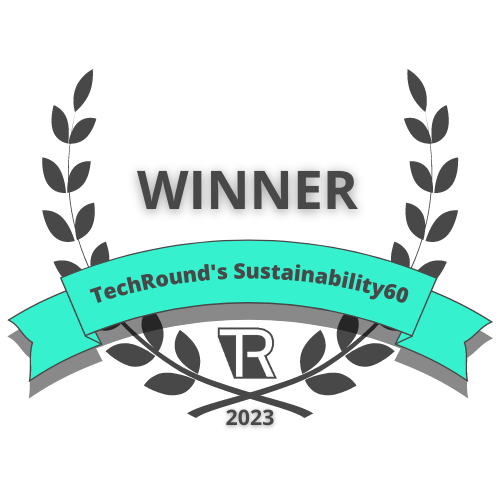

















What Is Energy Procurement for Businesses?
Energy procurement for businesses is the process of sourcing, negotiating, and managing energy supply contracts to secure the best possible combination of price, reliability, and sustainability. Unlike residential energy purchasing, business procurement involves complex factors such as load profiles, consumption patterns, and long-term risk planning.
Key objectives of energy procurement:
- Cost optimisation – Reduce overall energy expenditure.
- Risk management – Protect against price volatility.
- Sustainability – Achieve corporate environmental and ESG targets.
- Efficiency – Enhance energy use and operational performance.
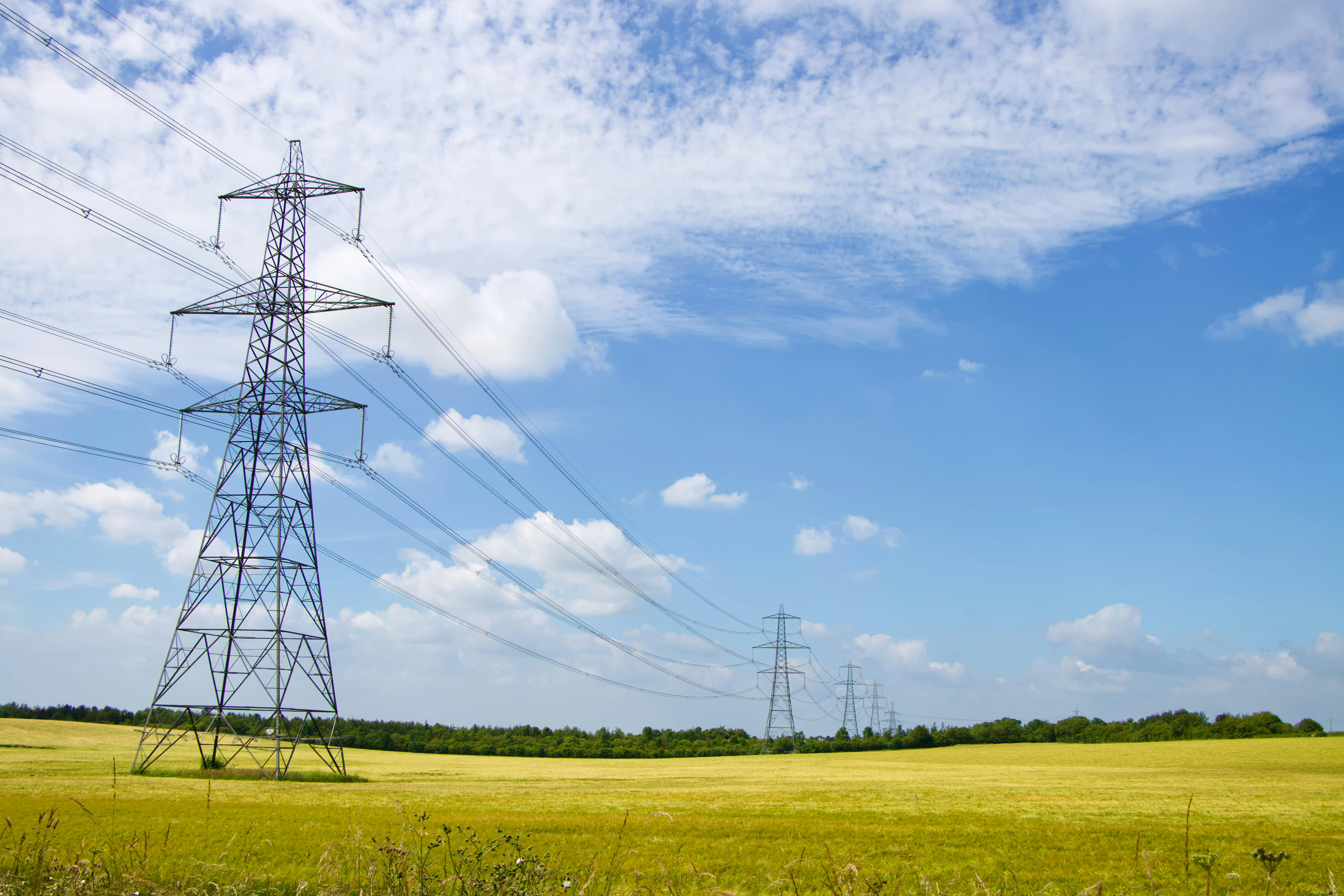
Why Strategic Energy Procurement Matters
1. Cost Savings
A well-structured procurement plan can reduce annual energy costs by 15–30%, giving businesses a competitive advantage in cost management.
2. Price Stability
By securing favourable contracts, businesses can avoid unexpected price spikes caused by market volatility.
3. Sustainability and ESG Goals
Procurement of renewable energy enables organisations to lower their carbon footprint while meeting compliance requirements and stakeholder expectations.
4. Operational Predictability
Predictable energy costs support more accurate budgeting and forecasting, reducing financial risk.

Advantage Utilities
£100m +
22,000+
21%
1:1
Types of Energy Procurement Strategies
1. Fixed-Rate Contracts
Secure a fixed price for a set period, protecting your business from market fluctuations.
Best for: Companies requiring budget stability and predictability.
2. Flexible or Index-Based Contracts
Prices vary with the market, offering savings when rates fall but higher costs when prices rise.
Best for: Businesses with a higher risk tolerance and strong energy management expertise.
3. Block and Index Procurement
A hybrid approach that locks in a portion of usage while leaving the remainder exposed to market pricing.
Best for: Businesses seeking a balance between security and potential savings.
4. Renewable Energy Procurement
Invest in green energy via Power Purchase Agreements (PPAs) or renewable tariffs.
Best for: Companies committed to sustainability and long-term stability.
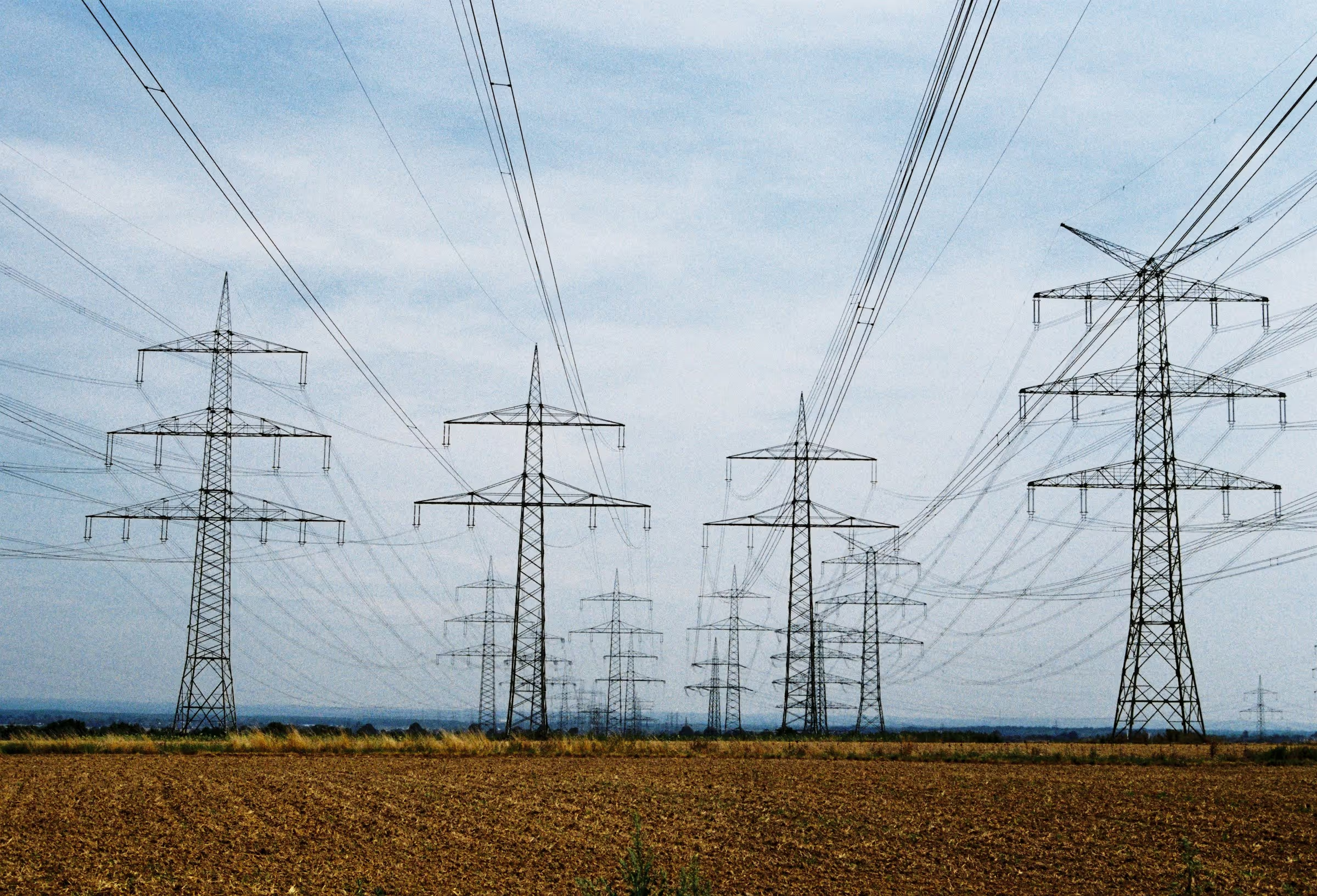
Proven Strategies to Save on Energy Costs
- Time Your Purchases: Secure contracts when market prices are low.
- Conduct Regular Energy Audits: Identify inefficiencies to reduce consumption.
- Leverage Group Purchasing: Combine demand with other businesses to strengthen negotiating power.
- Invest in Energy Efficiency: Upgrades such as LED lighting and smart systems can cut consumption by up to 25%.
- Explore Green Incentives: Renewable energy procurement often comes with government-backed savings or tax benefits.
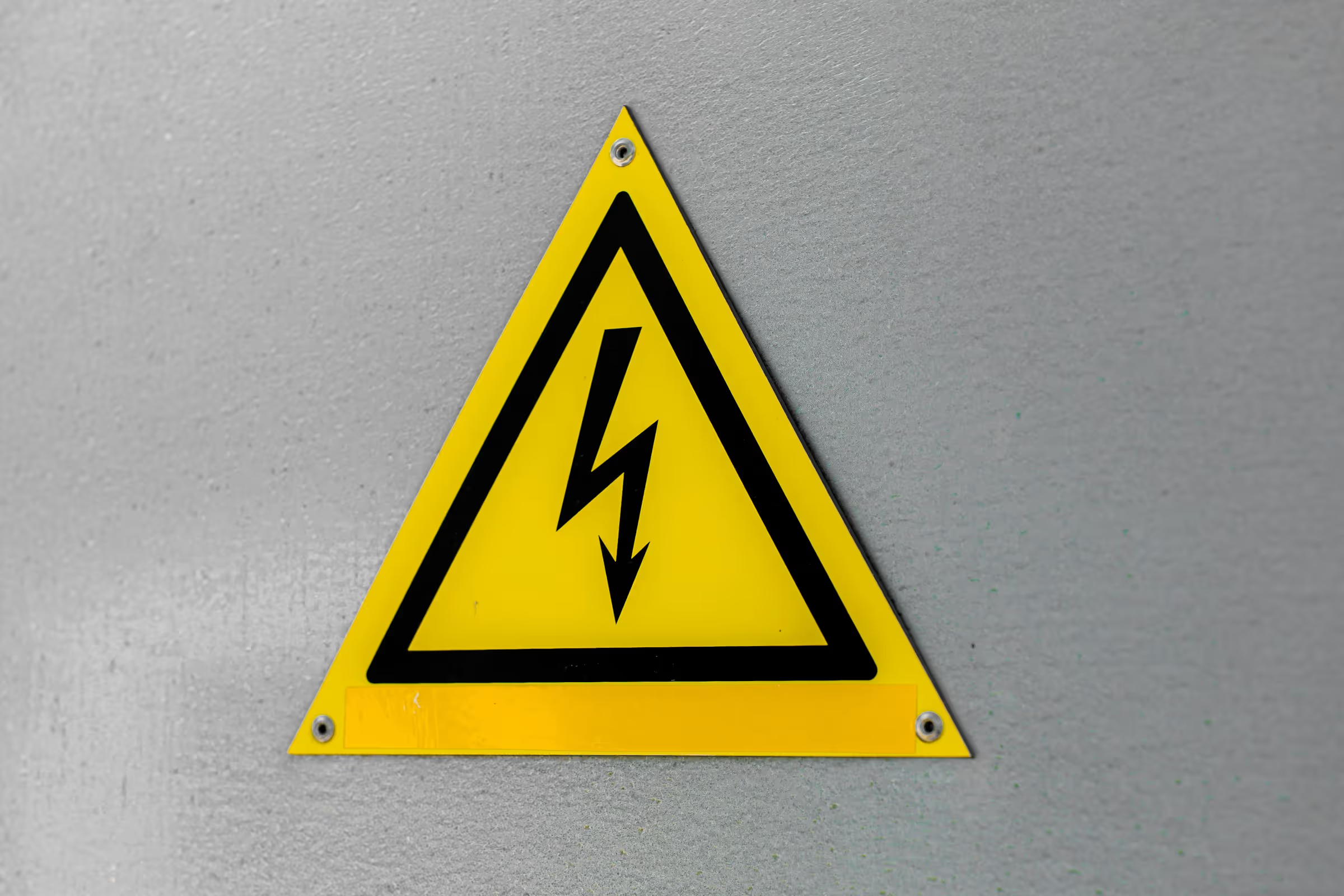
Steps to Effective Energy Procurement

Understand your consumption patterns, peak usage periods, and seasonal fluctuations to determine your actual requirements.
Track energy market trends, regulatory updates, and global factors that influence pricing.
Obtain quotes from different suppliers to secure competitive rates and favourable terms.
Consider contract length, pricing structure, and any hidden fees to avoid unexpected costs.
Collaborating with specialists such as Advantage Utilities ensures you benefit from market insights, data-driven guidance, and exclusive rates.
Common Mistakes Businesses Make
- Auto-Renewing Contracts: Remaining on default rates can result in paying up to 30% more.
- Ignoring Usage Data: Without accurate data, businesses often overbuy or underbuy energy.
- Lack of Risk Planning: Failing to account for price volatility can cause budget shocks.
- DIY Procurement Without Expertise: Navigating complex contracts without professional support often leads to missed savings opportunities.
How Advantage Utilities Helps Businesses
At Advantage Utilities, we provide tailored energy procurement strategies designed to:
- Secure competitive rates through market intelligence.
- Create flexible contracts aligned with your business objectives.
- Support your transition to renewable energy for a sustainable future.
- Deliver expert insights for long-term cost control and efficiency.
Key Statistics Highlighting the Value
- Businesses that proactively manage procurement save 15–30% annually.
- Over 40% of SMEs overpay for energy by failing to renegotiate contracts.
- Renewable energy procurement has grown by 20% annually, reflecting a shift towards sustainable strategies.
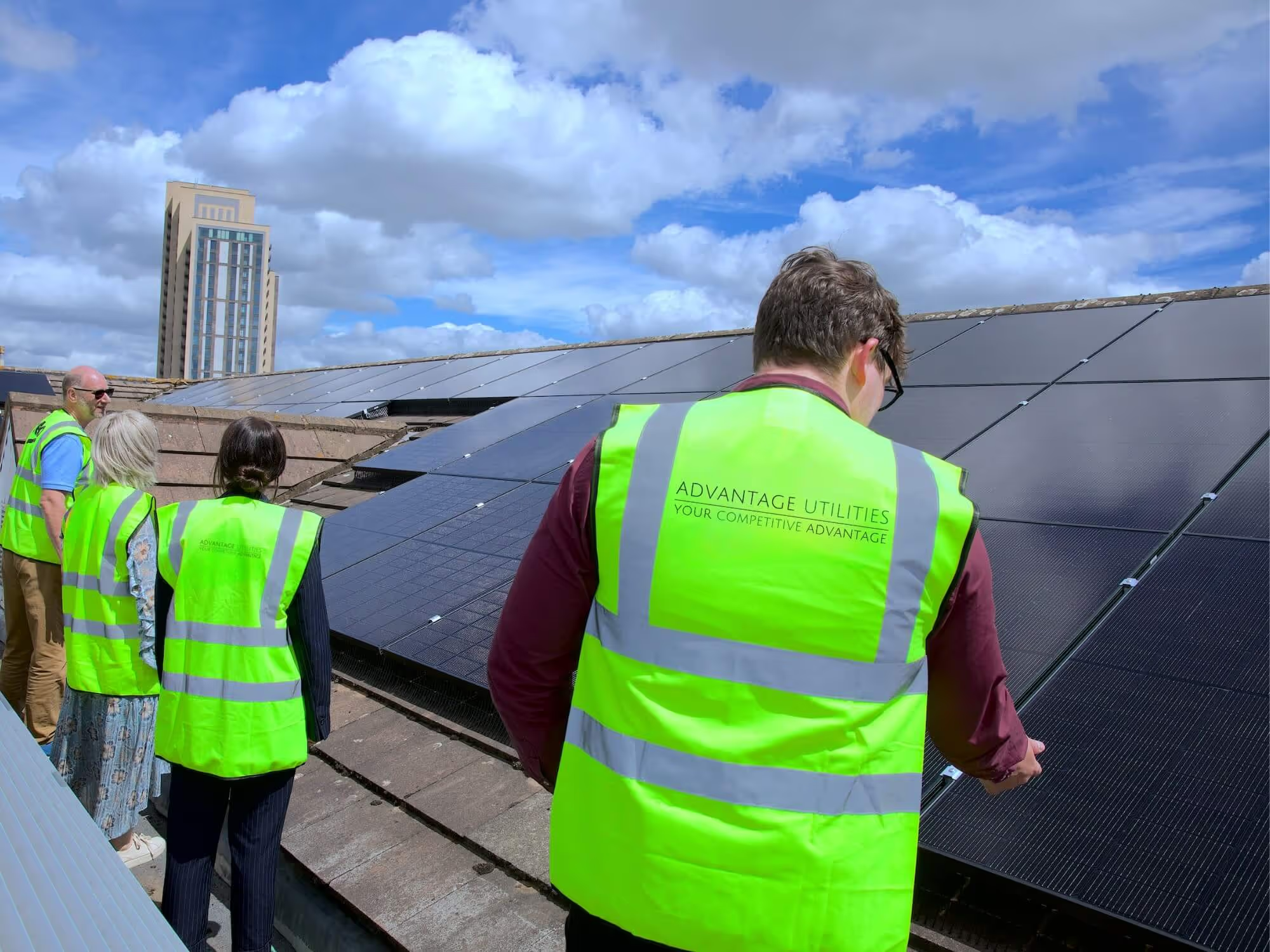
Conclusion:
Effective energy procurement for businesses is about more than just reducing costs — it’s about creating a resilient, sustainable, and efficient energy strategy. By understanding market dynamics, analysing usage data, and utilising expert guidance, businesses can turn energy from a fixed expense into a strategic asset.
Start optimising your energy strategy today with Advantage Utilities and gain access to proven procurement solutions that deliver measurable results.

Frequently Asked Questions
.avif)
We Assess
.avif)
We Optimise
.webp)
We Manage
What is energy procurement for businesses?

It is the process of sourcing and managing energy contracts to reduce costs, manage risk, and support sustainability.
Button TextHow much can businesses save with smart procurement?

Most businesses save between 15% and 30% annually with a well-planned procurement strategy.
Button TextCan small businesses benefit from energy procurement?

Yes, SMEs often achieve significant savings and budget stability through strategic procurement.
Button TextHow does renewable energy procurement work?

Businesses can collaborate with suppliers to source renewable energy via green tariffs or Power Purchase Agreements (PPAs).
Button TextWhy should I work with an energy procurement expert?

Specialists such as Advantage Utilities provide market insights, exclusive pricing, and tailored strategies to maximise savings and efficiency.
Button Text
Speak With Us
We understand the complexities of navigating your energy, book in a time to speak with us below
Book A Consultation



